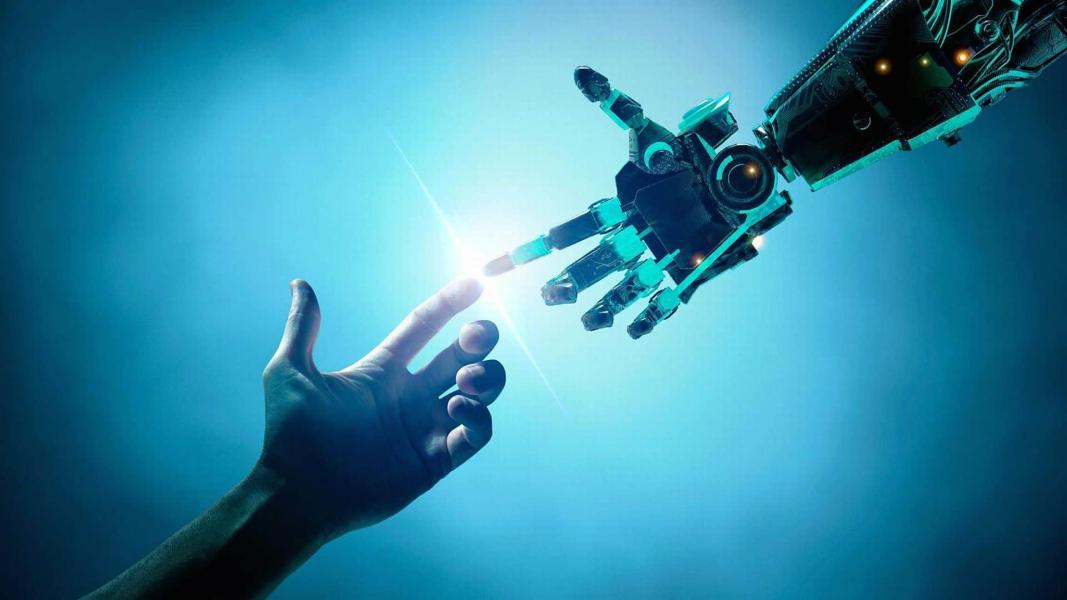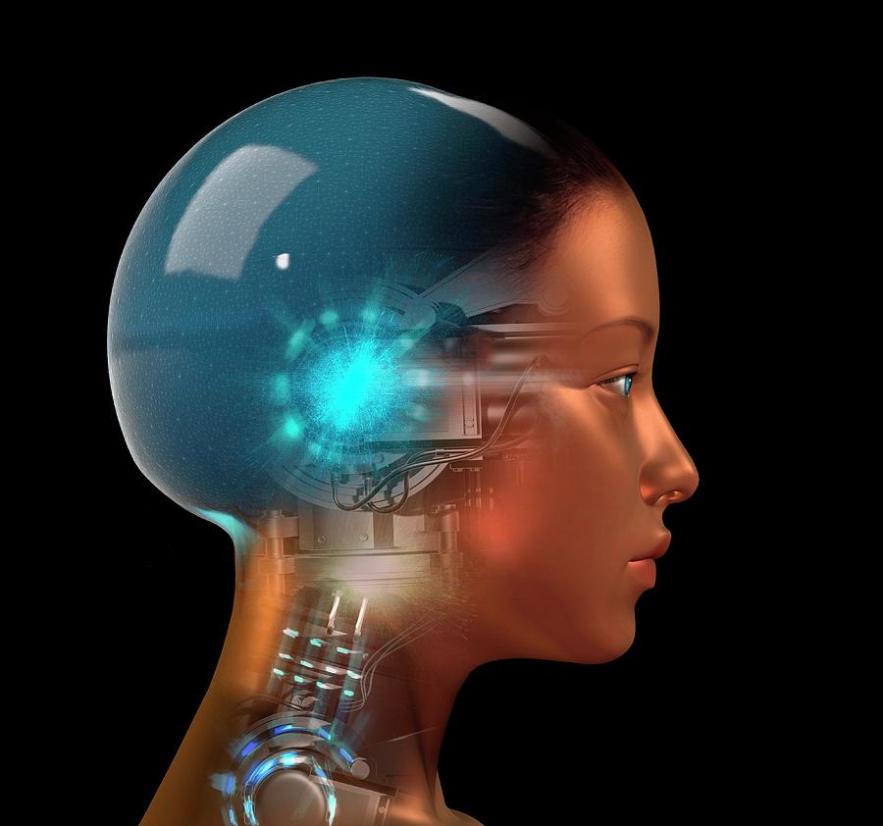How Can We Prepare for the Future of Work in a World of Artificial Intelligence?
The world of work is undergoing a rapid transformation driven by the advent of Artificial Intelligence (AI). This technological revolution is reshaping industries, job roles, and the very nature of work itself. As AI continues to advance, it is imperative that we prepare for the changing job landscape and develop proactive strategies to navigate the future of work successfully.

Understanding The Impact Of AI On The Workforce
How AI Is Transforming Industries And Job Roles
AI is already having a profound impact on various industries, from manufacturing and healthcare to finance and customer service. AI-powered automation is streamlining processes, enhancing productivity, and enabling new levels of efficiency. While some jobs may be displaced by AI, new opportunities are also emerging, requiring a different set of skills and capabilities.
Potential Job Displacement And Creation Due To AI Automation
As AI becomes more sophisticated, it is likely to automate routine and repetitive tasks, leading to job displacement in certain sectors. However, AI is also creating new jobs that require skills in AI development, data analysis, and human-computer interaction. The key challenge lies in preparing the workforce for these emerging opportunities.
Examples Of Industries And Specific Job Roles Affected By AI
- Manufacturing: AI-powered robots are increasingly used in assembly lines, leading to job displacement for low-skilled workers.
- Healthcare: AI is assisting in medical diagnosis, treatment planning, and drug discovery, potentially reducing the demand for certain healthcare professionals.
- Finance: AI-driven algorithms are automating tasks such as financial analysis, risk assessment, and fraud detection, impacting jobs in the financial sector.
- Customer Service: AI-powered chatbots and virtual assistants are handling customer inquiries, reducing the need for human customer service representatives.
Preparing For The Future Of Work
Adaptability, Lifelong Learning, And Continuous Skill Development
In a world where AI is rapidly changing the job landscape, adaptability and lifelong learning are essential. Individuals need to continuously update their skills and knowledge to stay relevant and employable. This may involve taking online courses, attending workshops, or pursuing certifications to acquire new skills.
Embracing AI As A Tool To Enhance Capabilities And Productivity

Instead of fearing AI, individuals should embrace it as a tool that can enhance their capabilities and productivity. AI can assist with tasks such as data analysis, information retrieval, and decision-making, freeing up time for humans to focus on more creative and strategic endeavors.
Fostering Creativity, Critical Thinking, And Problem-Solving Skills
As AI takes over routine tasks, the demand for skills such as creativity, critical thinking, and problem-solving will increase. These skills are essential for adapting to new technologies, solving complex problems, and generating innovative solutions.
Strategies For Individuals
- Continuously update skills and knowledge through online courses, workshops, and certifications.
- Develop a growth mindset and embrace change as an opportunity for learning and adaptation.
- Network with professionals in various fields to stay informed about emerging trends and opportunities.
- Explore new career paths and industries that align with personal interests and skills.
Strategies For Organizations
- Invest in training and upskilling programs for employees to adapt to new technologies and roles.
- Create a culture of innovation and continuous learning within the organization.
- Encourage collaboration between humans and AI to maximize productivity and creativity.
- Implement flexible work arrangements and policies to accommodate changing work patterns.
Collaboration And Policymaking
Preparing for the future of work requires collaboration among governments, educational institutions, and industry leaders. Governments can develop policies and initiatives that support workforce development and lifelong learning. Educational institutions can adapt their curricula to include skills relevant to the digital age. Industry leaders can invest in training programs and create opportunities for employees to learn and grow.
The future of work in a world of AI presents both challenges and opportunities. By embracing adaptability, lifelong learning, and collaboration, we can prepare for the changing job landscape and create a future where humans and AI work together to drive progress and prosperity.
YesNo

Leave a Reply